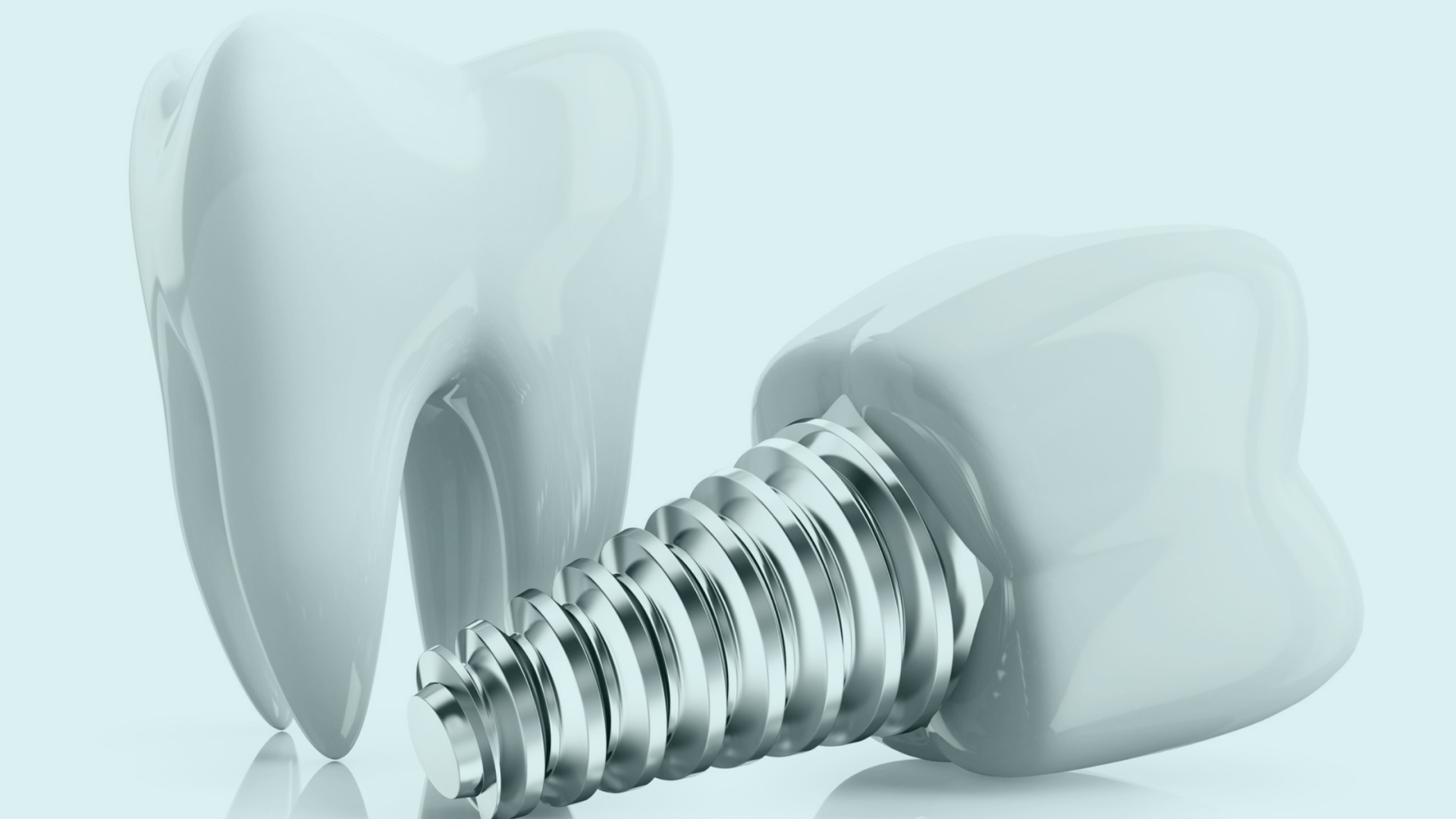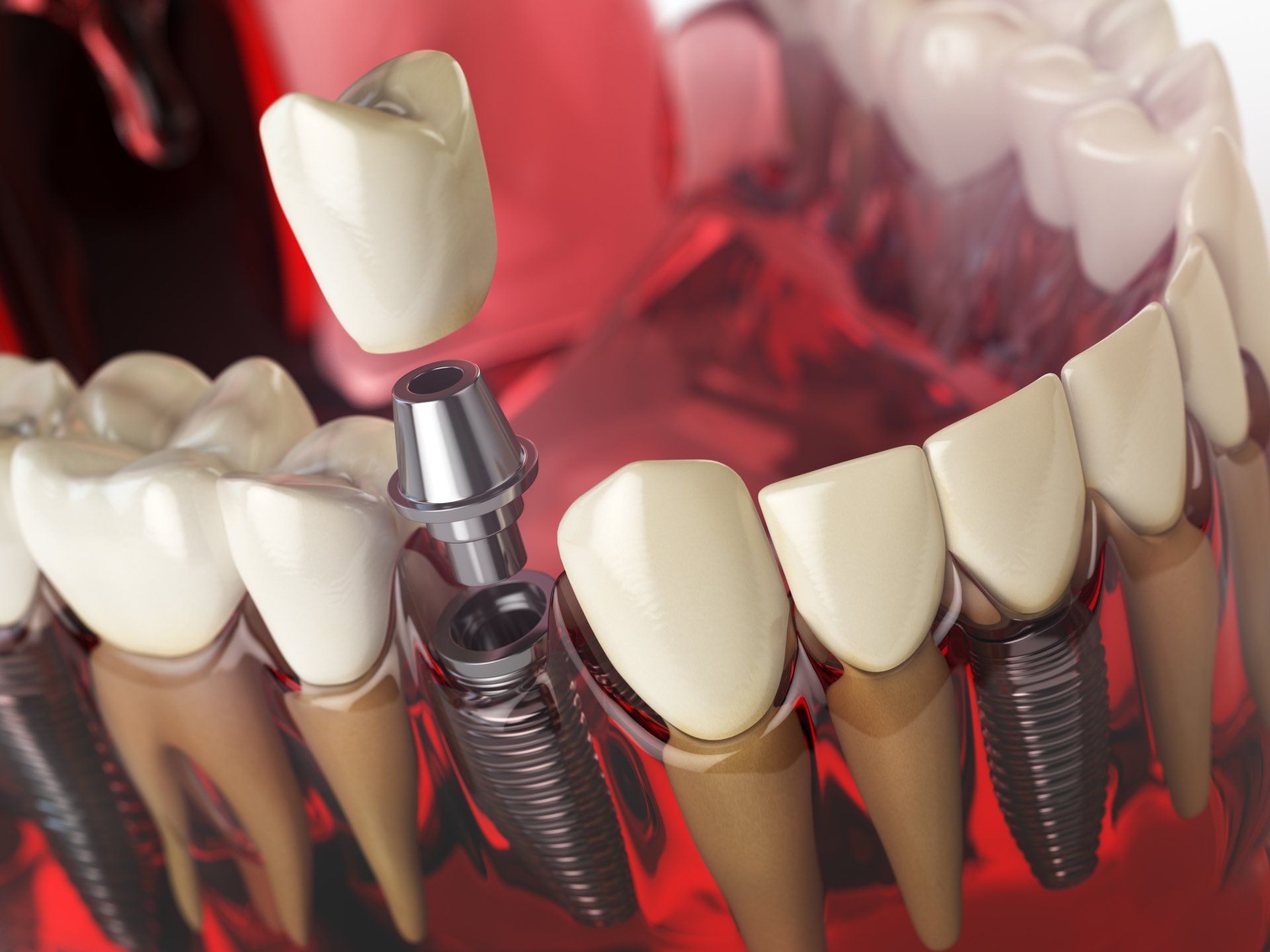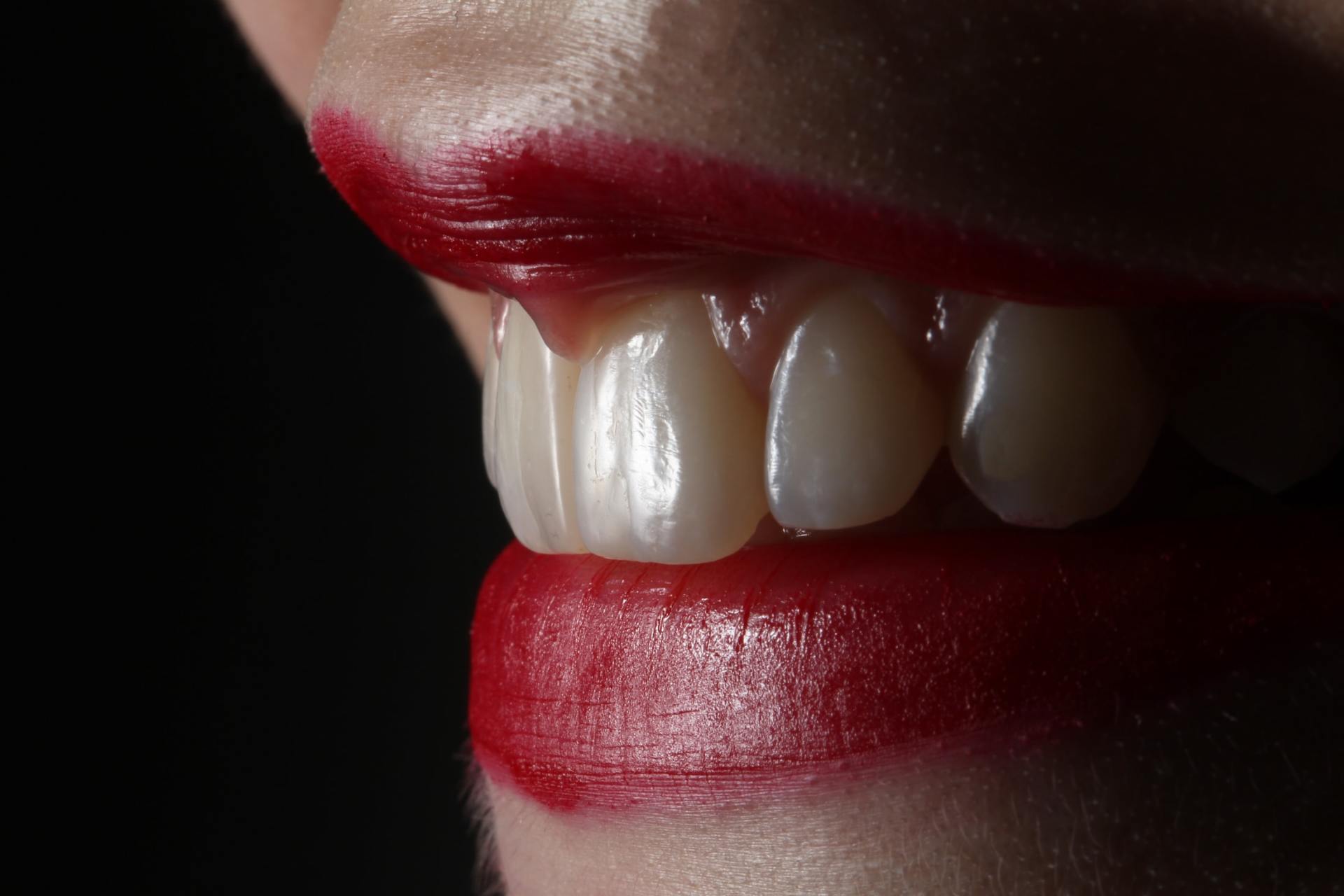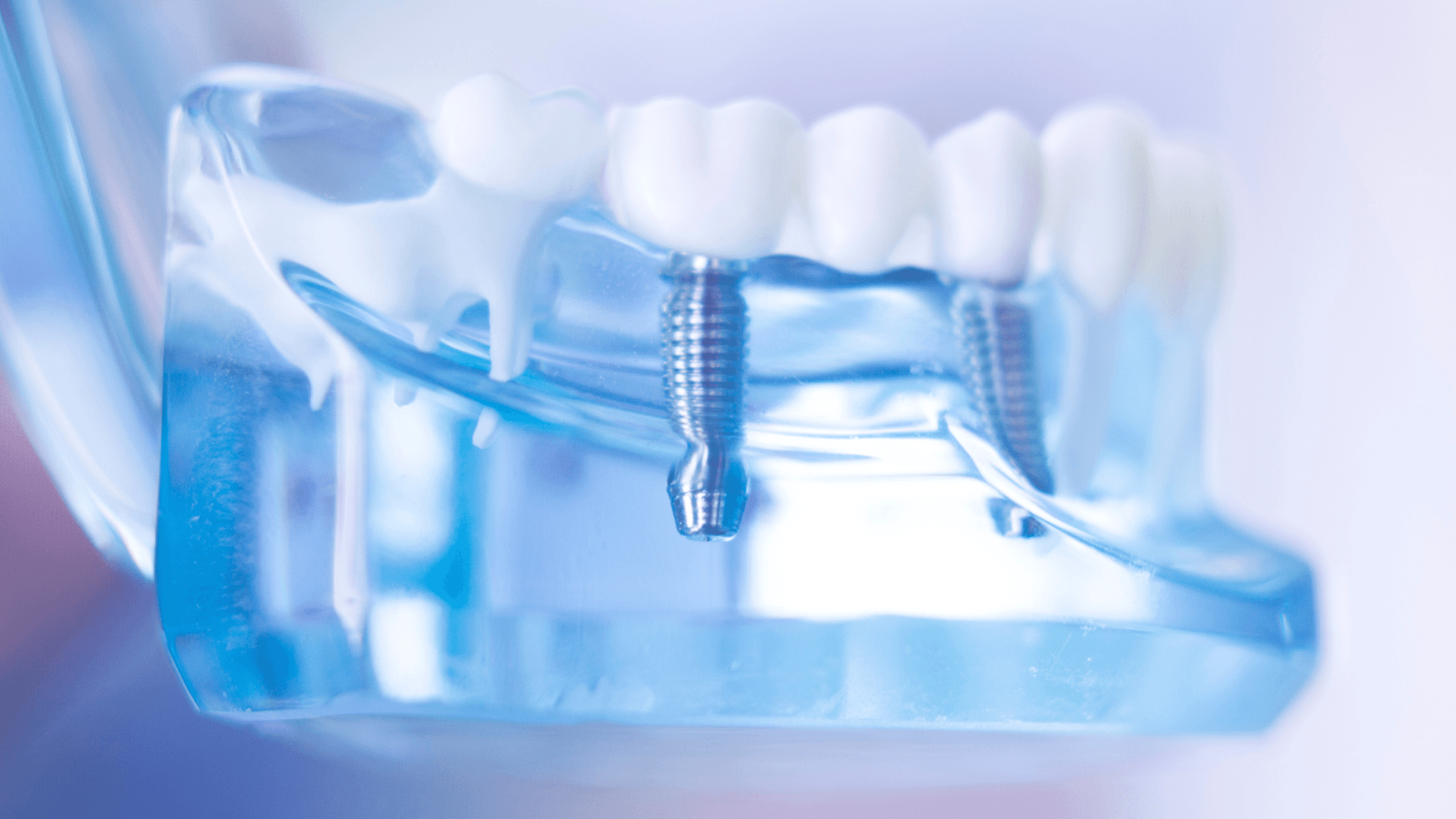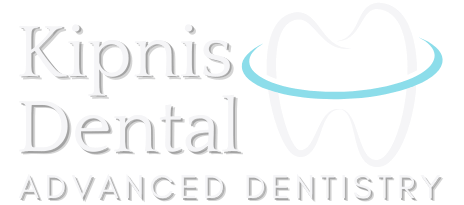When to visit the Emergency Dentist for an Infected Tooth?
Although dental pain is a normal reaction to some stimuli, it needs to be taken seriously when it is intense and acute.

Severe dental pain is a sure sign that something is wrong, and that professional help is required. Most of the time, this severe and acute dental pain is caused by an infectious process that needs to be resolved to protect the patient's oral and systemic health.
What is a tooth infection?
A tooth infection is a collection of pus resulting from a bacterial infection of the dental pulp, the periodontal ligament, or the supporting bone. In some cases, the infected material stops affecting only these oral structures and can spread to other regions of the body like the face, neck, and even the heart. For example, if the infection spreads to the parapharyngeal space, a space behind your throat, it can be a life-threatening situation.
What causes a tooth infection?
In general, a tooth infection results from other oral complications that have not been solved in time, such as dental caries and periodontal diseases. These infections can also occur due to complications after dental or facial trauma, especially when bony tissue is exposed to the environment.
- Dental caries: Tooth decay is one of the leading causes of tooth infection. It starts affecting tooth enamel and dentine, causing cavities. If it is not treated in time, it gets deeper until reaching the pulp (internal soft tissue of teeth). Once the infection comes into contact with the pulp, an abscess begins to form because it does not have adequate mechanisms to fight the disease and because antibiotic treatment is not sufficient either.
- Periodontal disease: In its early stage, periodontal disease is called gingivitis. Here the gums become inflamed as a result of a bacterial infection. Untreated gingivitis can progress to periodontitis, a more severe condition where the tooth's supporting tissue can deteriorate. When this supporting tissue, the periodontal ligament, deteriorates, small pus collections start to form between the dental roots and the supporting bone.
- Injured tooth: A cracked, or broken tooth could have the dental pulp exposed, allowing bacteria to attack this sensitive tissue and causing an infectious process, an abscess, similar to the case of dental caries.
How to know if I have an infected tooth?
Severe and persistent pain is the main symptom of a tooth infection. This pain usually radiates to the mandible (jawbone), neck, or ear. Other symptoms might include:
- An unpleasant taste in your mouth, bitter taste.
- Tooth sensitivity to hot and cold temperatures.
- Difficulty chewing or biting.
- Swelling of the face.
- Swollen lymph nodes in your jaw or neck.
- Fever and general fatigue
In more critical cases, the infection can cause severe inflammation of the upper digestive tract and airways, preventing normal swallowing and breathing.
Tooth Infection Treatment Options
The treatment will depend on the origin of the infection and the seriousness of your condition. Once a diagnosis has been made, the objective will be to control the disease as soon as possible to avoid more problems.
- Drainage: Your dentist will make a small cut into the abscess and drain the pus. Occasionally, a small rubber drain could be placed to keep the area open for a few days until complete drainage.
- Root Canal Treatment: When pulp causes severe pain due to infection, a root canal treatment will be necessary. This option avoids teeth extraction and eliminates the origin of the pain. During a root canal treatment, the pulp is removed, and the root canal is cleaned before being filled with a biocompatible material to prevent another infection.
- Antibiotics: They are useful to clear up the remaining infection or stop its spreading. Your dentist may recommend them as a complementary treatment because antibiotics, in the case of tooth infection, do not eliminate the cause. It is important to start antibiotic treatment only under the supervision of your dentist. Self-medication is becoming a serious public health issue that is, according to the World Health Organization, causing increased health costs, duration of illness, and economic burden on families and societies across the globe.
- Tooth extractions: In complex clinical scenarios, there is no effective dental treatment to resolve the infection while maintaining the tooth's integrity. In these cases, tooth extraction is necessary to resolve the infectious process and prevent future complications.
Complications for an untreated tooth infection
Without treatment, the bacterial infection progresses. Therefore, it can begin spreading to the jaw, neck, parapharyngeal space, heart, and even to the brain. Some possible complications that can arise as a result of not treating a tooth infection are:
- Tooth loss - most dental infections, if non-treated, will lead to tooth loss.
- Bone infection - affects the bone surrounding the tooth.
- Sinus infection - affects the air-filled extensions of the nasal cavity.
- Sepsis - occurs when bacteria enter the bloodstream.
- Parapharyngeal abscess - is a collection of pus at the back of the mouth that can spread to cardiac tissue and is considered a dental emergency.
- Brain abscesses - are another rare, life-threatening condition that oral infections can originate.
The risk of a spreading infection increases when you have pathologies that involve a weakening of the immune system. Immunocompromised patients need to be aware of this situation for them to seek prompt treatment.
Final Thoughts
Maintaining good oral hygiene is the most effective way to avoid tooth decay, gingivitis, and periodontitis. Remember to brush your teeth at least twice a day with fluoride enriched toothpaste replacing your toothbrush every four months. Floss your teeth regularly and keep regular checkups with your dentist for more in-depth and professional cleanings. Visiting the dentist regularly also allows controlling dental caries, periodontal disease, or broken teeth. At Kipnis Dental Clinic in Brooklyn NY, we see a lot of emergency patients for emergency dentist appointments. We tell them what we have written here. A balanced diet and cutting down on sugary food and drinks are recommended to conserve your oral health. If all these measures fail and you are experiencing severe and persistent pain or any discomfort around your oral cavity, do not hesitate to seek timely professional assistance to protect your dental and overall health.
Contact
Office:
Email:
marinakipnis@hotmail.com
Address:
3041 Brighton 2nd St. Brooklyn NY 11235
Services
Dental Cleaning
Dental Veneers
Crowns & Bridge
Extractions
Gum Treatments
Implant Restoration
Invisalign
Root Canal
Sleep Apnea
Teeth Whitening
Dental Cleaning
Dental Veneers
Crowns & Bridge
Extractions
Gum Treatments
Implant Restoration
Invisalign
Root Canal
Sleep Apnea
Teeth Whitening
Quick Links
Designed by Keter Capital

